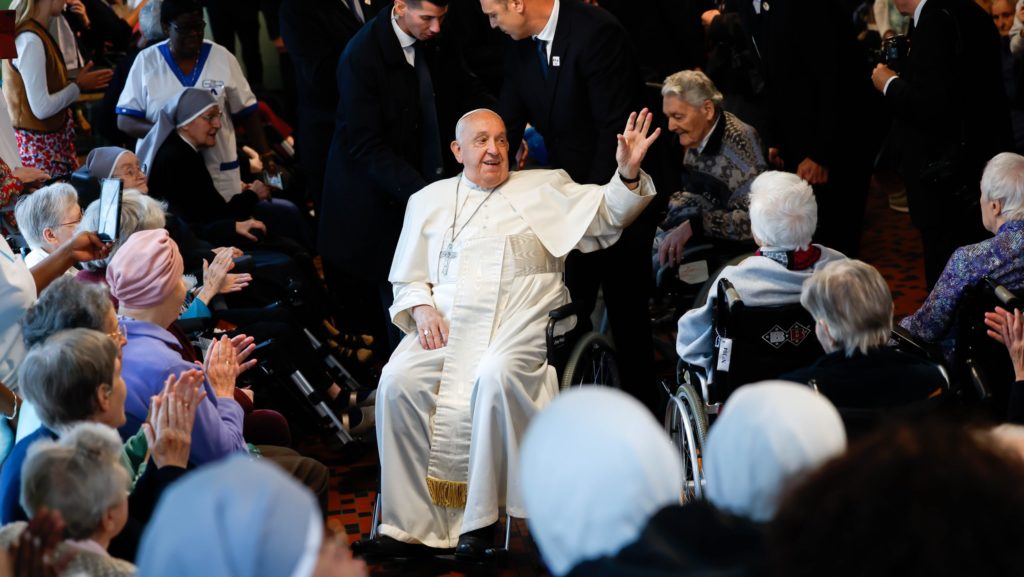Pope Francis reaffirmed his commitment to combating clerical sexual abuse during a recent visit to Belgium, a country grappling with high-profile scandals. The issue was addressed pointedly by Belgian Prime Minister Alexander de Croo, who urged the pontiff to go beyond words and take concrete actions.
Speaking at an event with political leaders, de Croo emphasized the need for transparency and accountability, calling for the church to clarify its past and ensure that victims of abuse are given a central place in the healing process. His direct remarks underscored the national significance of the abuse crisis in Belgium.
In his response, Pope Francis acknowledged the gravity of the church’s abuse problem, comparing it to the biblical massacre ordered by King Herod. He expressed shame and called for forgiveness while committing to resolving the issue with Christian humility.
Francis framed the abuse as a tragic crime within the church and stressed the importance of ensuring that such violations never happen again. His remarks reflected his desire for the church to confront its moral failures head-on.

Pope Francis Calls for Healing and Accountability in Belgium Amid Clerical Abuse and Forced Adoption Scandals
Throughout his visit, the pope highlighted the global efforts the church is making to tackle sexual abuse. He emphasized that the institution is listening to victims and implementing comprehensive prevention programs.
Belgium has been particularly affected by the scandal, with cases such as a former bishop who abused his nephews drawing widespread attention. As part of his visit, Francis was expected to meet 15 survivors of clerical abuse, reaffirming his commitment to personal engagement with those harmed by the church.
The pope also addressed a separate but equally painful issue during his trip: Belgium’s forced adoption scandal. Between 1945 and 1980, Belgian nuns were involved in the forced adoption of around 30,000 babies, taken from unmarried mothers who faced social stigma.
Pope Francis condemned the practice, noting that it reflected the societal pressures and prejudices of the time. He expressed sorrow over the victims’ suffering and acknowledged the criminality involved, linking this issue to the broader failures of the church and society during that period.
Finally, Francis reflected on the lessons the church must take from both the sexual abuse and adoption scandals. He cautioned against conforming to societal norms that can lead to harm, even when those norms appear to align with Christian values.
The pope warned that manipulation and exclusion can result from such conformity, and he urged the church to remain vigilant in its moral stance. His message of humility, accountability, and reform highlighted the need for the church to learn from its mistakes and ensure justice and healing for those affected.
